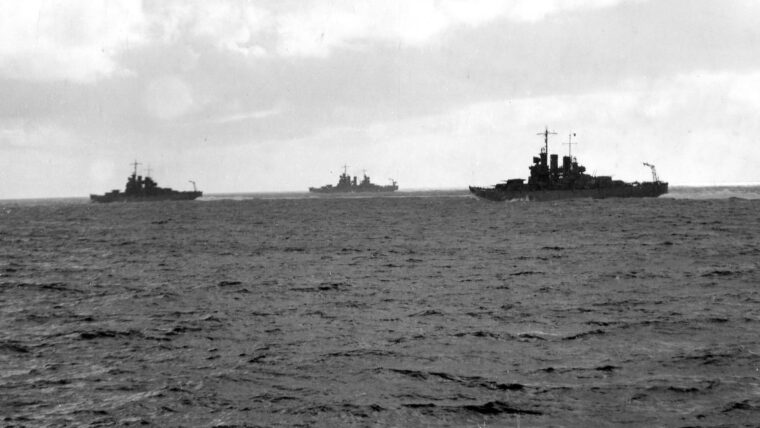
Shootout in Kula Gulf
By John DamagalskiThe island of Guadalcanal loomed in the distance as the warships of Task Force 36.1 approached the waters of Iron Bottom Sound on July 5, 1943. Read more

The island of Guadalcanal loomed in the distance as the warships of Task Force 36.1 approached the waters of Iron Bottom Sound on July 5, 1943. Read more
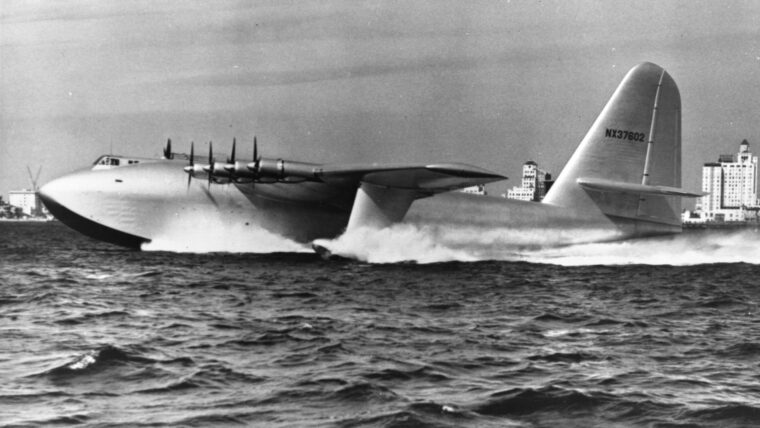
The Time magazine article was titled “It Flies!” It was a note of triumph and vindication, but also an epitaph, of an aircraft that was five years in the making—the “Spruce Goose,” a plane that should not have existed. Read more
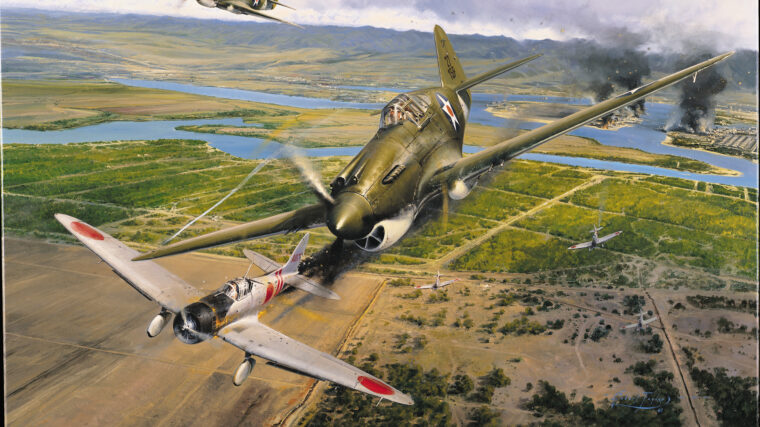
On a serene Sunday morning the residents of Oahu enjoyed the dawning of another gorgeous day in paradise. Read more

Although located 420 miles west of Tokyo, the city of Hiroshima is today a tourist mecca, drawing tens of thousands of visitors from around the world for one single reason: to stand at the epicenter of history’s first nuclear explosion used against an enemy population. Read more
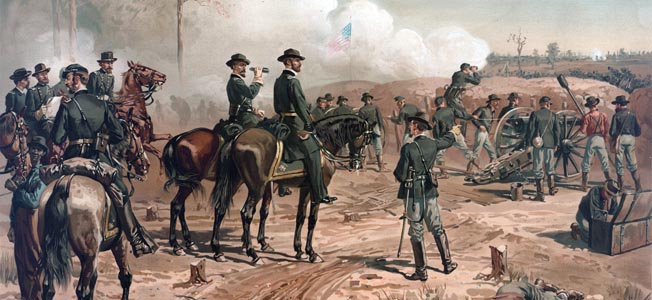
On September 3, 1864, a triumphant Maj. Gen. William Tecumseh Sherman telegraphed Washington, “Atlanta is ours and fairly won.” Read more
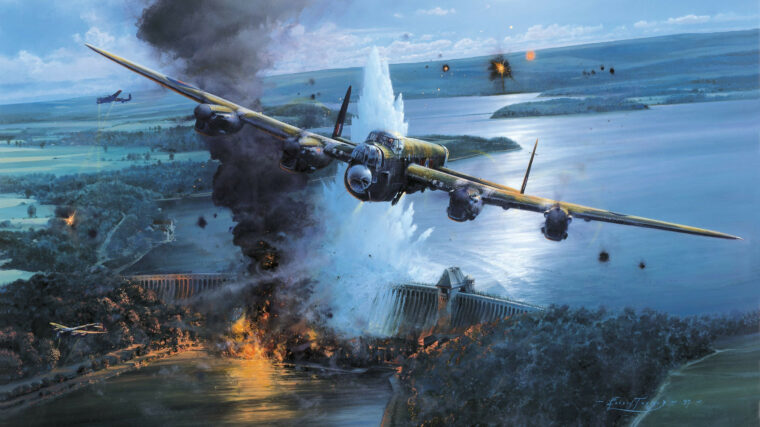
May 16, 1943, had been a sweltering spring day in England. At 9:39 pm, as the sun was dipping below the western horizon, leaving a rim of light and still good visibility, the first three of 19 Avro Lancaster bombers of No. Read more
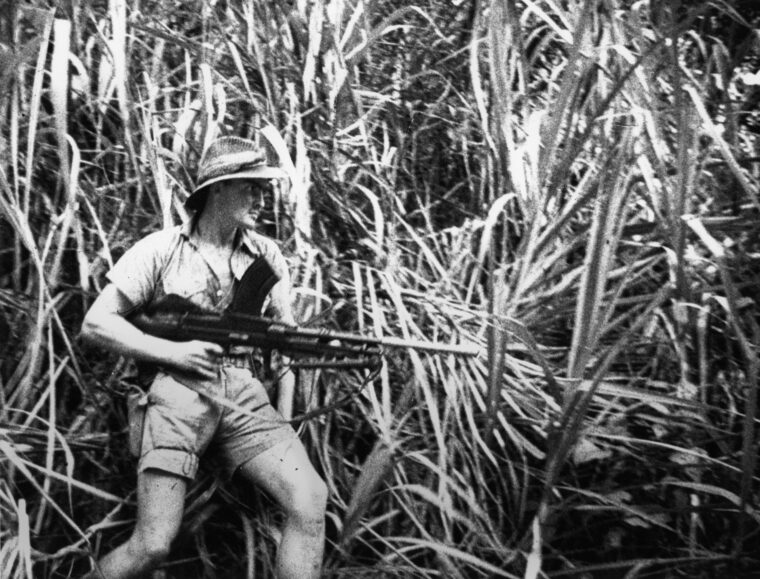
After the carrier attack by the Imperial Japanese Navy (IJN) on Pearl Harbor, Hawaii, on December 7, 1941, Japanese forces conducted offensive operations across an incredibly broad front of 7,000 miles from Singapore to Midway Island. Read more
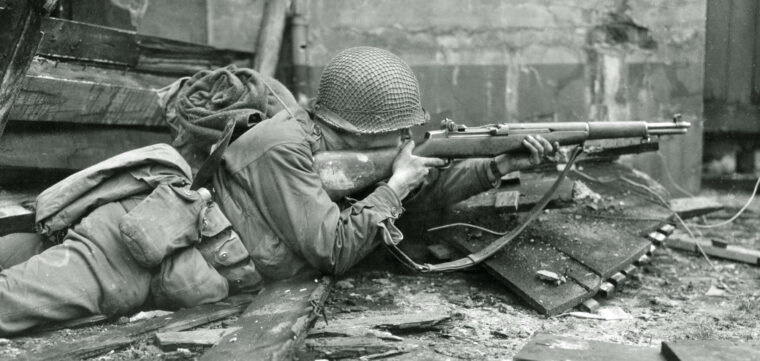
After the Battle of the Bulge delayed their advance by six critical weeks, the British, U.S., and Canadian armies went on the offensive in mid-January 1945 and pushed toward the German frontier. Read more
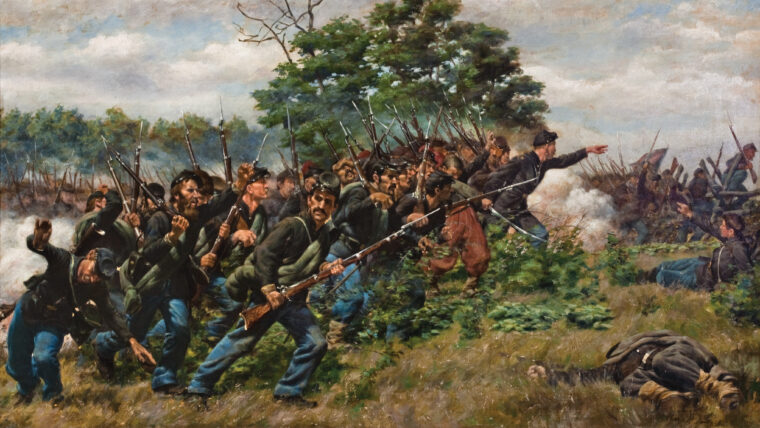
On the last day of May 1862, heavy gunfire rumbled and thundered in the distance beyond the Confederate capital of Richmond, Virginia. Read more
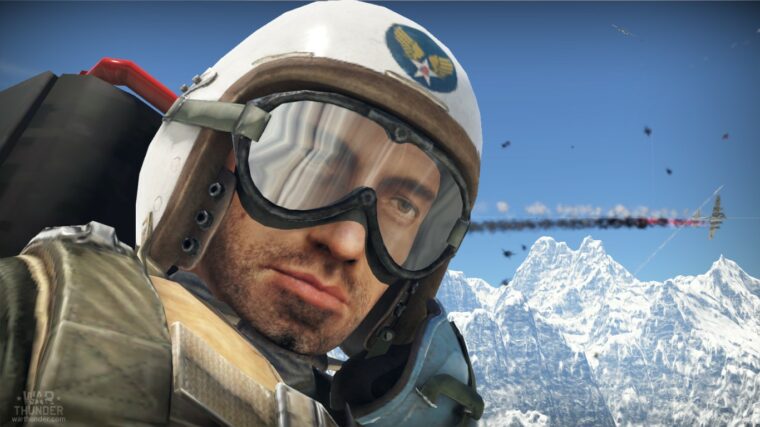
For those who have yet to get sucked in, Gaijin Entertainment’s War Thunder is one of a small handful of successful free-to-play, massively-multiplayer military games available. Read more
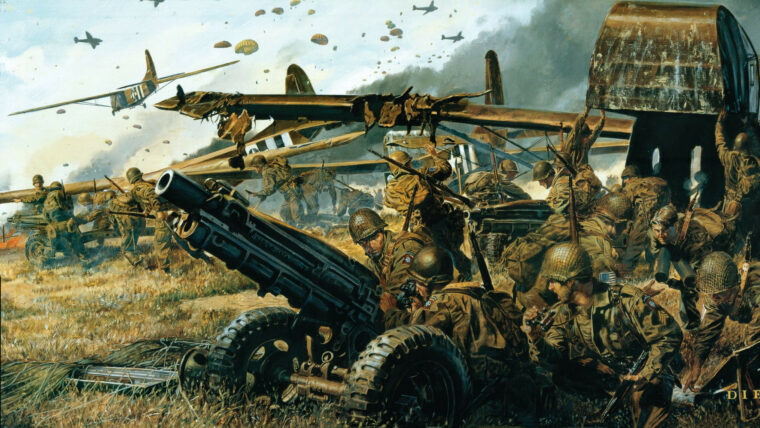
On September 17, 1944, a massive but hastily planned airborne invasion of the Netherlands was launched. Codenamed Market-Garden, the operation called for three Allied airborne divisions (British 1st and American 82nd and 101st) to land along a narrow corridor reaching from advanced positions along the Dutch-Belgian border to a bridgehead on the northern bank of the Rhine River at Arnhem. Read more
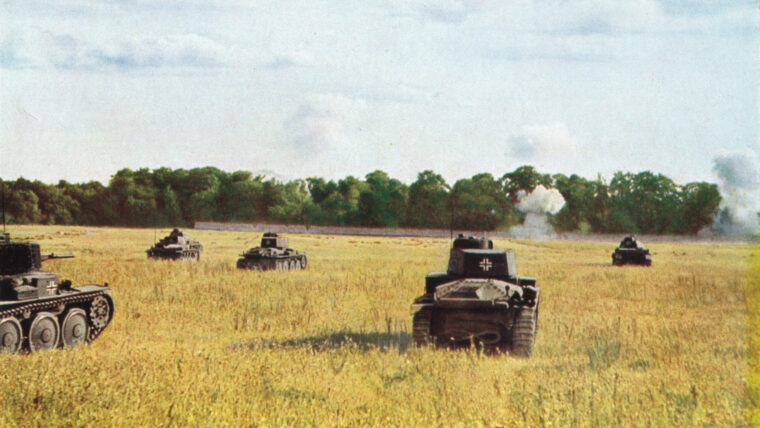
The ancient Chinese military strategist Sun Tzu wrote, “Go forth to the enemy’s positions to which he must race. Read more
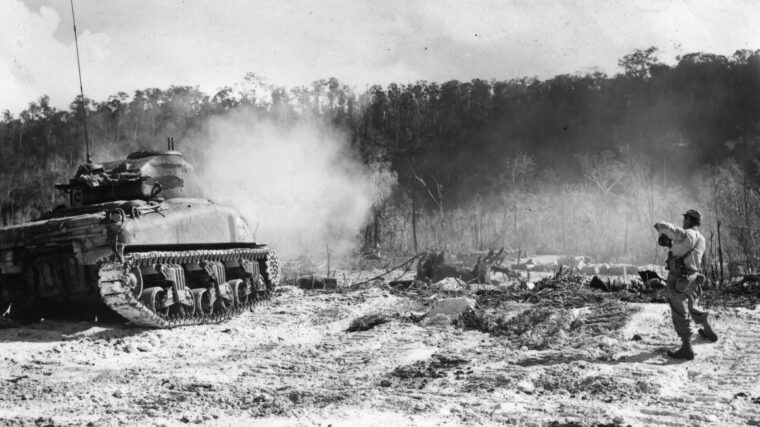
“All I knew about Biak was that it was an island a degree south of the equator, one of the Schouten group lying north of Geelvink Bay toward the western end of New Guinea.” Read more
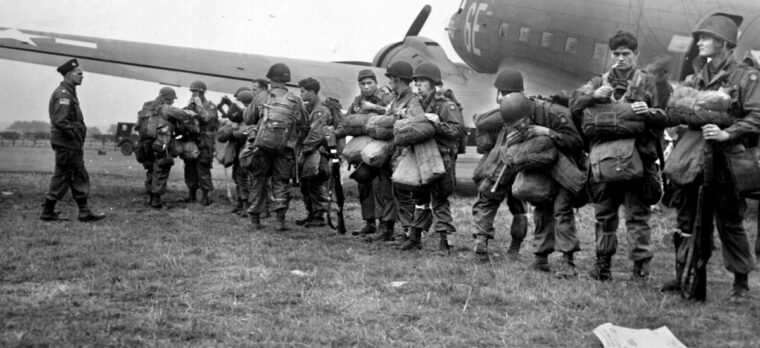
By mid-August 1944, roughly one month before the now-famous Operation Market Garden, the U.S. Army’s 82nd Airborne Division had been fighting off and on for over a year. Read more
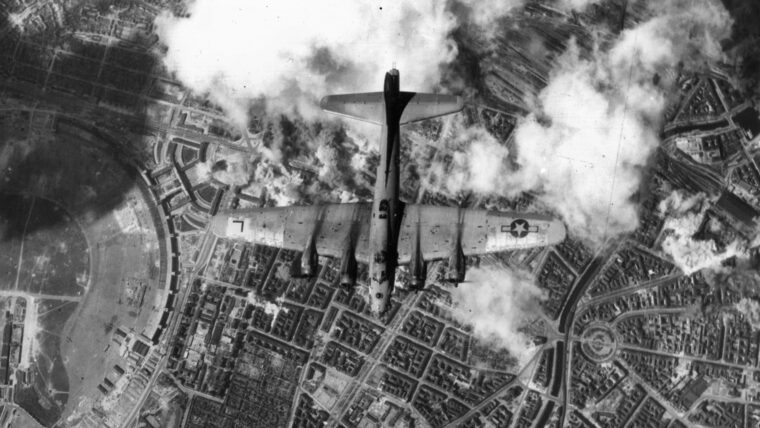
He was widely regarded as America’s best pilot, he was already a recipient of the Medal of Honor, he was commander of the Eighth Air Force caught up in 1,000-plane bombing missions deep into the Third Reich, and he was mad as hell. Read more
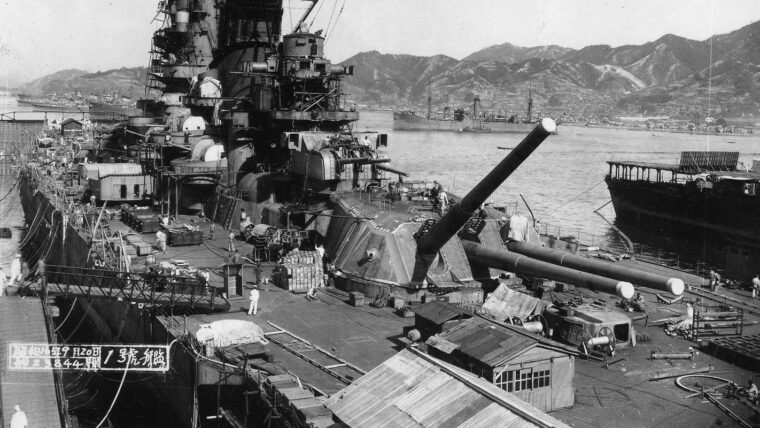
Special Sea Attack Force (SSAF) was an ordinary-sounding name for the pitifully tiny remnant of what was once the mighty Imperial Japanese Navy (IJN). Read more
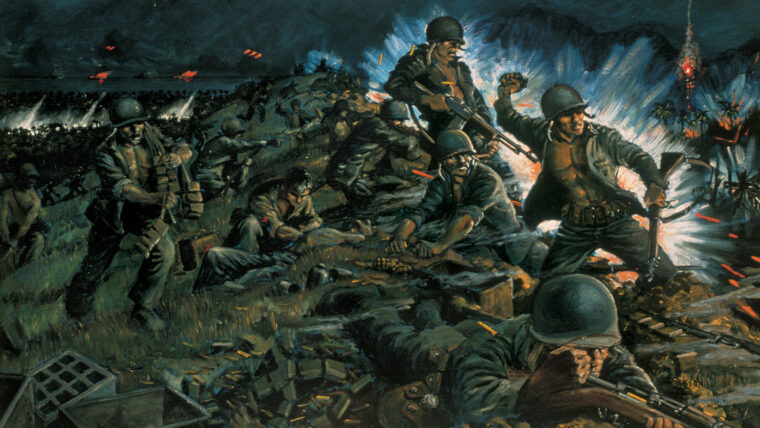
In April 1942, a group of young Marines, having recently graduated from Officers Candidate School, arrived at New River, North Carolina, a sprawling tent city that stretched over a vast area and would eventually become known as Camp Lejeune. Read more
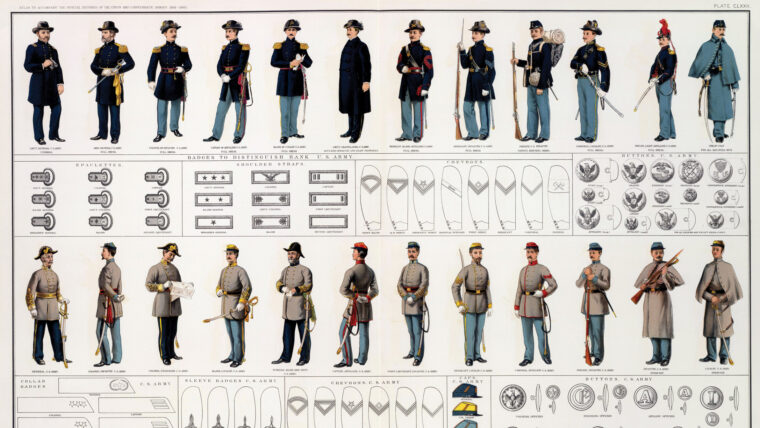
The title of the 128-book, 138,579-page work was a suitably large mouthful: The War of the Rebellion: A Compilation of the Official Records of the Union and Confederate Armies. Read more
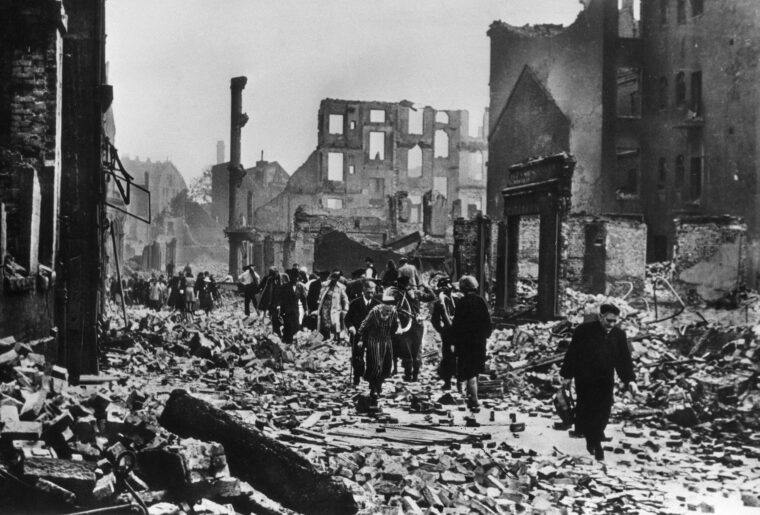
World War II affected nearly every area of the world. It was the deadliest conflict in all of human history. Read more
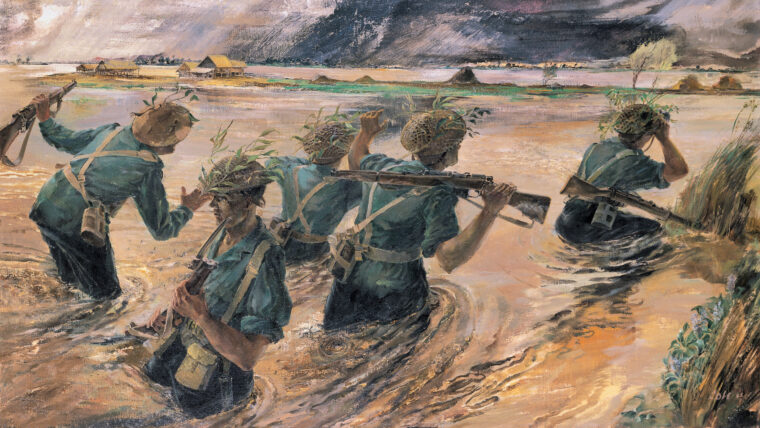
By the beginning of February 1945, the British 14th Army was on the banks of the Irrawaddy River and poised to strike into central Burma. Read more